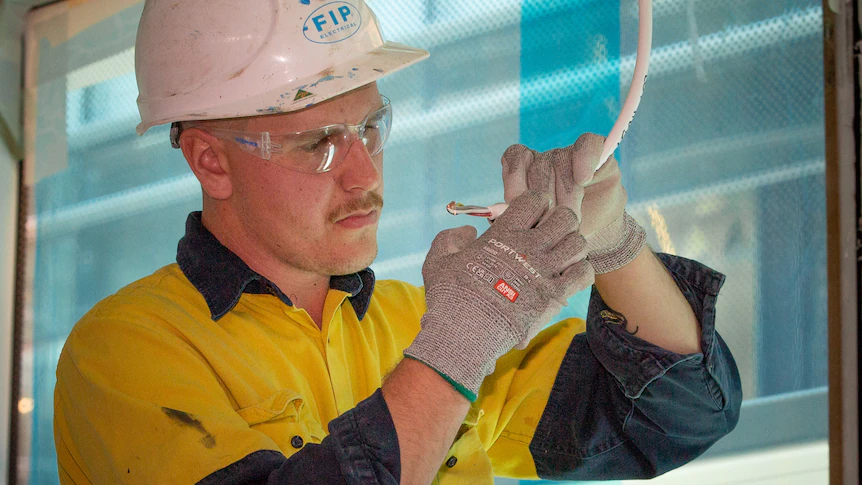Copyright Altoona Mirror

The Blair County Department of Social Services is planning to rejuvenate its Emergency Behavioral Health Team, which has been mostly inactive since the start of the pandemic. Consisting of volunteers, the team can be deployed in the aftermath of major community disasters to help affected individuals deal with the mental health aspects of those situations, according to department Director Trish Johnson, speaking after a recent meeting of the Local Emergency Planning Committee. Teams focus on “preventing mental health changes and stabilizing emotions of affected individuals through assessment, education, referral, and linkages to resources needed to mitigate the progression of adverse reactions and assist in individual and community recovery,” according to written information provided by Cindy James, the county’s mental health program coordinator. “(The) mission is to assist those individuals that have been impacted by crisis or disaster by providing emotional support and therapeutic activities to ease stress, foster a compassionate presence, and to aid in community resilience.” After a disaster or traumatic incident, there is frequently anxiety, concern about safety, health and recovery, along with grief, fear and a sense of loss, according to the material provided by James. While many people and communities have sufficient resilience to deal with problem situations on their own, some events in some communities call for intervention — whether brief or long term — “to expedite recovery,” according to James’ information. Help is often needed for first responders, according to Nikki McHugh, a county mental health program specialist. First responders tend to see themselves as strong, and don’t generally like to ask for help — but some need it anyway, McHugh said. Sometimes a team will wait a couple of days before deploying, but research shows that it’s better not to wait too long, according to McHugh. The Blair County team has been called to help in the aftermath of floods, a shooting, a fatal fire and a fatal plane crash, James said. The team has conducted table top exercises with the county’s Department of Emergency Services, she said, adding that training is required to become credentialed as part of the team. Members learn about addiction, incident command, incident management, hazardous material awareness, psychiatric first aid and emergency behavioral health in general, according to McHugh. The Emergency Behavioral Health Team is distinct from the mobile crisis team of mental health responders operated by UPMC Altoona, Johnson said. Five team members stayed active through the semi-dormant phase, and five more have joined since the renewal began, according to James. The goal is to get 20 members, James said. Most of the volunteers who have been on the team are social service workers, according to McHugh. The group has previously been called the “Disaster Crisis Outreach,” then the “Traumatic Incident Response Team,” James said. The state asks that all counties have a team, James said, adding that the local team could be called to help in areas beyond Blair County. Mirror Staff Writer William Kibler is at 814-949-7038.



